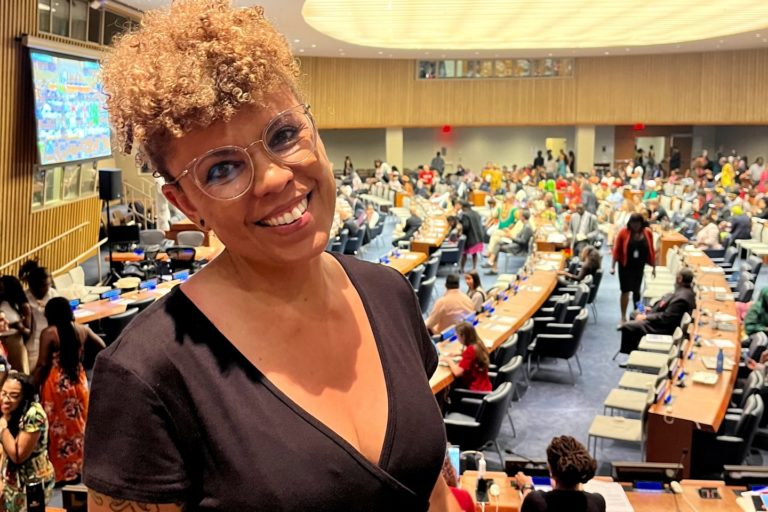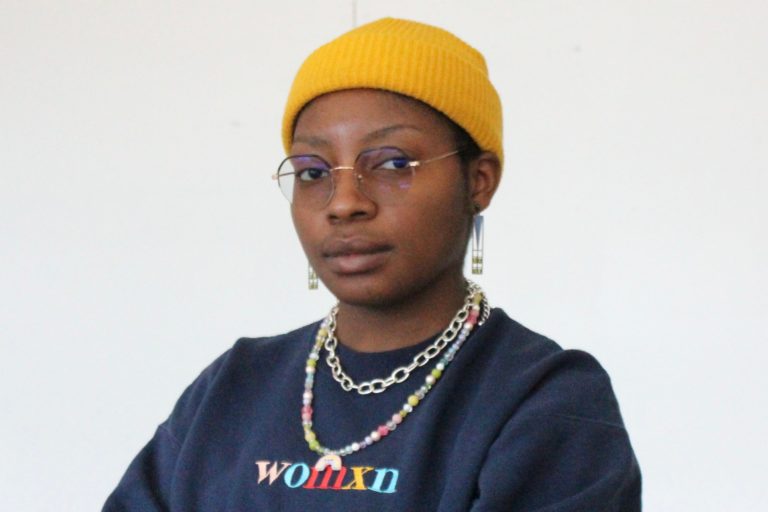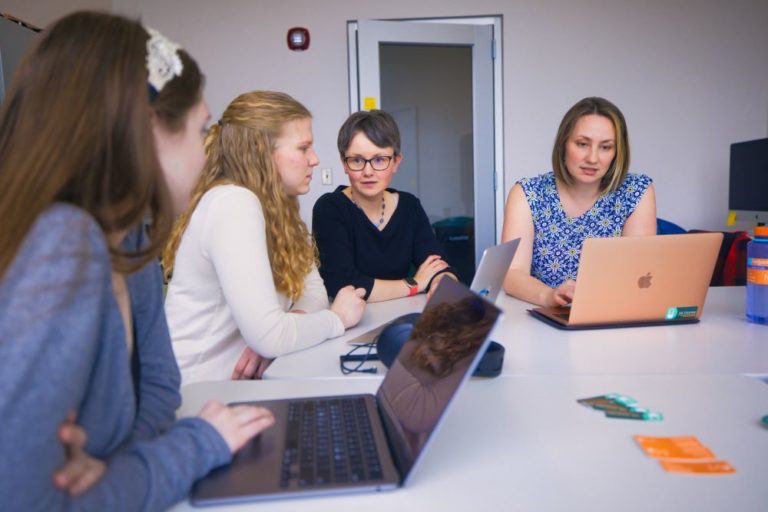
Dr. Marsha MacDowell, Michigan State University Professor of Art, Art History, and Design and MSU Museum Curator of Folk Arts has been named a fellow of the American Folklore Society (AFS), in recognition of her outstanding accomplishments and contributions to the field.
Established in 1960, the Fellows of the American Folklore Society is an honorary body of folklorists whose members have produced a significant number of important articles, books, and other scholarly productions or exhibitions on folklore, and have provided meritorious service to the Society and the discipline of folklore studies.
“I was very surprised to hear that I was elected to this group,” MacDowell says.
“It’s not a secret society or anything, but I had no knowledge I was even under consideration.
“The fact that I was even nominated, let alone voted into this group—a group of my peers—means a tremendous amount to me. It validates my work in women’s materials culture, museum-based work, as well as my fieldwork and public service, especially in Michigan.”
I’m particularly interested in the intersection of museums and digital humanities.
Part of the core group that founded the College of Arts and Letters Museum Studies Program, MacDowell has been a core faculty member for the past 20 years. She currently serves as the program’s internship coordinator and teaches future museum professionals curatorial, research, field work, exhibition and civic engagement work.
Dr. MacDowell’s research interests include South African quilt history; traditions of patchwork covers in China; quilts and health; the history and meaning of lau hala in Hawaiian cultural; and the intersection of ethnography and museums in a digital age. She is the director of the Quilt Index, an international digital repository of stories, images, and other data related to quilts and their makers.
“I’m also very involved and invested in digital humanities work,” says MacDowell, “including working with MATRIX (the Center for Digital Humanities and Social Sciences at MSU) for nearly 20 years. I’m particularly interested in the intersection of museums (collections, exhibitions, and education) and digital humanities.”
In my mind, there’s no greater scholarly home in helping us make sense of life activities.
MacDowell notes that digital repositories of big data can advance scholarship in ways previously not possible. For instance, the Quilt Index enables humanists all over the world to investigate aspects of textile production and trade, art history, migration patterns, women’s studies, health and wellness, and much more.
Dr. MacDowell has curated more than 50 research-based interpretive exhibitions and festival programs at Michigan State University, and is founding director of the MSU Museum’s Great Lakes Folk Festival, a university-community partnership. As coordinator since 1984 of the Michigan Traditional Arts Program, she has led many projects focused on Michigan’s traditional cultural heritage.
The American Folklore Society was founded in Cambridge, Massachusetts, in 1888 by a collective of university-based humanities scholars, museum anthropologists, and private citizens–including author Mark Twain and U.S. President Rutherford B. Hayes. Today, its 2,000 members and subscribers are scholars, teachers, and libraries at colleges and universities; professionals in arts and cultural organizations; and community members involved in folklore work.
Over the years, Dr. MacDowell has served in a number of capacities within AFS, including as elected member of the AFS executive board. She notes that because many of the Society’s members come from other fields such as literature and music, knowing they would embrace someone whose work is heavily in women’s material culture is very special to her.
While I’ve attended and spoken at other group’s conferences and events, I’ve always felt that there is no better home for me than the American Folklore Society, even though a portion of my work is also connected to ethnography and anthropology.
“In my mind, there’s no greater scholarly home in helping us make sense of life activities.”


